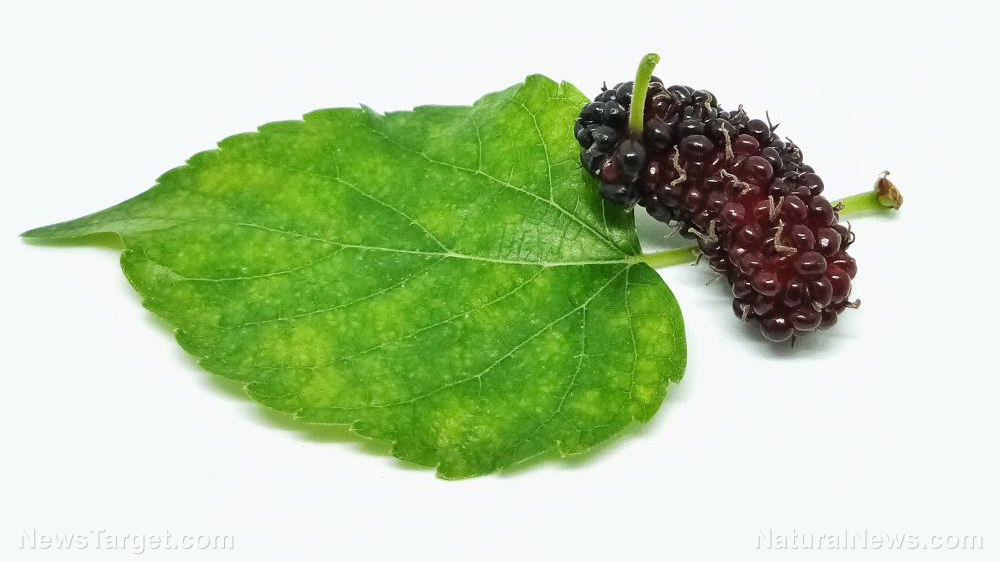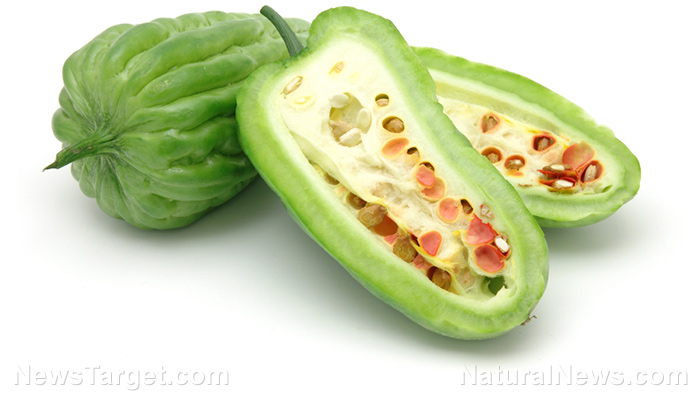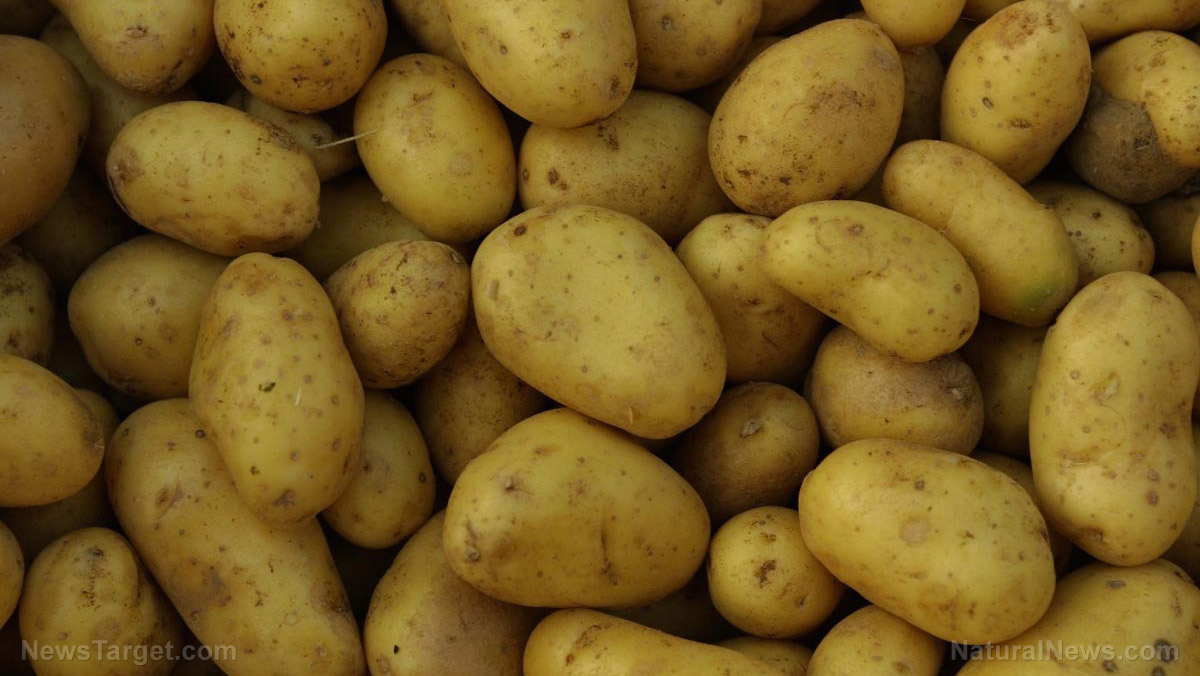
White mulberry is one of the many members of the mulberry family. Native to China, it is mainly cultivated to provide food for highly-valuable silkworms.
The fruit of the tree is safe, edible, and tasty. It can even be eaten raw, although of course, it is best when cooked.
Mulberry fruit is packed with nutrients such as vitamin C, iron, magnesium, and potassium. It contains enough vitamin C to serve as a ready source of antioxidants.
Traditional Chinese medicine prescribes the fruit for numerous purposes. It reputedly reverses the premature graying of hair, cleanses the blood and restores its balance, and treats diseases such as constipation and diabetes.
The medicinal use of white mulberry fruit inspired researchers from Silla University (SU) to evaluate its potential as an antidiabetic. They believe that a fruit-based extract could serve as a health supplement for people with diabetes.
Turning the fruit of the mulberry tree into an insulin supplement
The researchers constructed an animal model with a strain of mice that simulated the symptoms of diabetes in humans. The lab animals were divided into three groups according to the treatment they received.
One group served as diabetic control to provide a baseline of comparison. The second group was given rosiglitazone, an antidiabetic drug that works by increasing the body's sensitivity to insulin. The last group of mice was administered an extract made from mulberry fruit.
Various tests were performed to determine the levels of blood sugar, plasma insulin, and glucose in the peritoneum that lines the walls of the abdominal cavity. The mice supplemented with the mulberry fruit extract were also tested for their tolerance towards insulin.
Finally, the SU researchers performed western blotting tests. These tests measured the number of proteins that were targeted by insulin signals.
The complete study can be found in the Journal of Medicinal Food. (Related: Eucalyptus essential oil found to help manage diabetes.)
Increasing insulin sensitivity
The test results showed that the blood glucose and average blood glucose levels of the mice given rosiglitazone or the mulberry fruit extract were much lower than the readings for the untreated control group. The extract appeared to achieve similar effects to the antidiabetic drug.
The glucose and insulin tolerance tests on the extract-supplemented mice confirmed that the insulin sensitivity of the animals had improved. A comparison of their homeostatic index with that of untreated mice showed that the supplemented animals enjoyed reduced resistance to insulin.
The supplementation greatly stimulated the concentration of phosphorylated (p)-AMP-activated protein kinase (pAMPK) and p-Akt substrate of 160 kDa (pAS160). These are connected with the AMPK enzyme and AS160 protein that converted glucose into usable energy.
The mulberry extract improved the concentration of plasma membrane-glucose transporter 4. This is a molecule that hauls glucose through the plasma membrane and into the skeletal muscles that need them as fuel.
In addition to boosting the amount of pAMPK, the supplement also reduced the levels of glucose 6-phosphatase and phosphoenolpyruvate carboxykinase in the liver. These two substances are responsible for gluconeogenesis, the conversion of non-carbohydrate carbons into glucose.
The SU researchers concluded that the fruit of the white mulberry tree could be used to alleviate hyperglycemia and increase insulin sensitivity in patients with Type 2 diabetes.
To read more about the antidiabetic properties of fruits like the mulberry, visit DiabetesCure.news.
Sources include:
Please contact us for more information.























